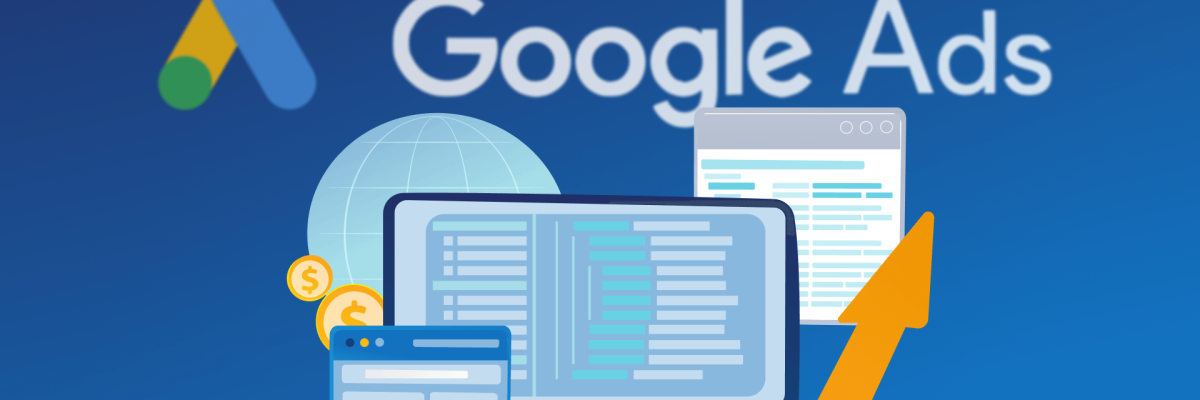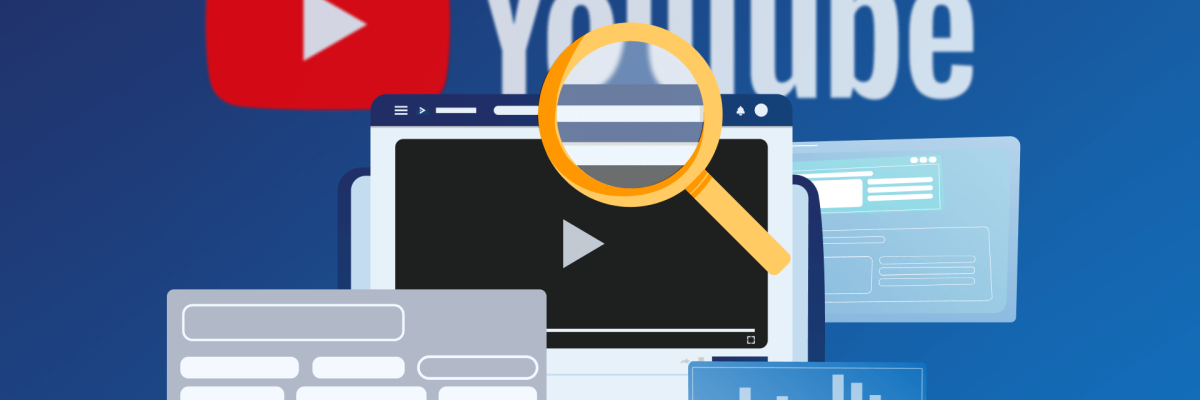Keep up with our list of importance PPC updates from September 2023 that you might not have overlooked.
Google Ads for lead generation by Search Engine Land

Every company’s potential customer journey is different and each potential customer is also different.
There is no universal solution to achieving significant revenue through Google Ads for lead generation. Patterns may not apply to every business, the important thing is to understand how to use the strategies.
- Phase 1: Internal alignment on business goals
- Phase 2: Map the lead-to-sale journey
- Phase 3: Choosing point(s) of optimization (and assigning values where relevant)
- Phase 4: Use Google’s Smart Bidding to make use of this additional data
- Phase 5: Time for growth
- Phase 6: Diversify
Read on Search Engine Land
How to increase LTV with PPC by Search Engine Land

Lifetime Value (LTV) in PPC marketing is important in assessing customer profitability over time.
It enables a shift from transaction-based thinking to recognizing the long-term value of repeat customers. However, enhancing LTV is challenging and demands a profound understanding of customer databases and committed long-term thinking. With these practical strategies for PPC marketers, you can elevate LTV.
- Improve AOV (Average Order Value)
- Improve conversion rate
- Review your customer journey
- Lower your costs
Read on Search Engine Land
5 PPC tips for technology companies by Search Engine Journal

Technology companies are in competition for high-volume PPC keywords. So what to do to stand out from competitors?
It’s necessary to take advantage of the untapped potential of Microsoft Ads and its unique LinkedIn Profile Targeting feature. Besides, you should optimize different pain points and marketing budgets for different target people. And, implementing innovative PPC strategies to combat high search CPCs can be a solution.
- Make use of detailed demographics in Google Ads
- Keep keywords broad when targeting by audience
- Don’t forget about Microsoft Ads
- Introduce your brand with video ads on YouTube
- Ensure your tech brand’s marketing assets are clear & compelling
Read on Search Engine Journal
PPC reporting tips by OPTMYZR

Creating effective PPC reports is crucial, but often challenging due to time constraints and the complexity of data.
To facilitate this process, clear goals should be determined for PPC reports, such as summarizing key metrics and displaying the return on investment. Effective reports go beyond presenting numbers; they provide context, focus on business-relevant metrics, and segment by intent. The use of visuals and the inclusion of insights and recommendations are essential for comprehensive understanding.
Read on OPTMYZR
How to create an effective PPC strategy in 7 steps by SEMrush

Which PPC strategies will help you achieve your marketing goals?
First of all, you should set clear goals and conduct through keyword research because gaining insights from competitor analysis can guide keyword and strategy selection. Crafting clear, concise, and value-focused ads, selecting appropriate bidding strategies, and targeting the right audience are fundamental steps. Besides, regular monitoring and optimization of campaigns are necessary to enhance performance.
- Define your PPC goals
- Perform keyword research
- Analyze your competition
- Create your ads
- Choose your bidding strategy
- Set up audience targeting
- Track, adjust, and modify your PPC campaign
Read on SEMrush
6 Strategies to increase conversion rates by WordStream

Marketeers understand whether a PPC campaign is successful or not, based on the conversion rates. If these rates are low, some points may need to be reviewed.
Before optimizing a campaign, check out landing page speed for the best user experience. Providing comprehensive, easy-to-understand information about products or services on landing pages is essential. Including various forms of social proof such as customer reviews and media mentions enhances credibility and influences conversion. Besides, minimizing required fields in forms to only essential information can prevent user irritation and abandonment. Lastly, balancing concise, impactful content with sufficient information and conversion opportunities is key.
- Pay attention to page speed
- Provide sufficient, easy-to-digest information
- Include all types of social proof
- Set expectations for the conversion process
- Include multiple ways for users to convert
- Minimize required fields
Read on WordStream
Are you being manipulated by Google Ads? – by Search Engine Land

Google Ads uses subtle manipulation tactics, designed to influence user behavior and boost its revenue.
These tactics include deceptive patterns, such as misleading defaults and hidden automated assets so that they make users inadvertently agree to undesired settings. The interface presents an obstacle course, complicating the process of altering settings, and employs sneaky design patterns, forcing users into unintended choices. Google Ads also exploits completion and authority bias, pushing users to complete tasks and trust Google’s recommendations, often to the user’s detriment.
Read on Search Engine Land
Google launches new AI tool to improve YouTube ad optimization by Search Engine Land

Google Ads has introduced a feature, Creative Guidance, to help advertisers in optimizing YouTube campaigns.
This tool, integrated into Video Analytics within Google Ads, uses AI to evaluate content and provide best-practice feedback. It also notifies advertisers of any missing critical information in video ads-such as brand logo presence, recommended video duration, quality voice-over, and aspect ratio. This feature aims to ensure rapid feedback and actionable steps for enhancing video ad performance.
Read on Search Engine Land
How important is the keyword in paid search? – by Search Engine Journal

Keywords have long been central to digital marketing, acting as a guide for strategies.
However, their role and mechanics have evolved, with visual content and audience-centric approaches gaining prominence. The use of close variations and changes in search words has changed how they work in advertising campaigns. Despite the changes and the emphasis on privacy, keywords remain a common ground for SEO and PPC for content creation and bid strategies. Meanwhile, the future may see a shift towards audience and feed-based campaigns.
Read on Search Engine Journal

